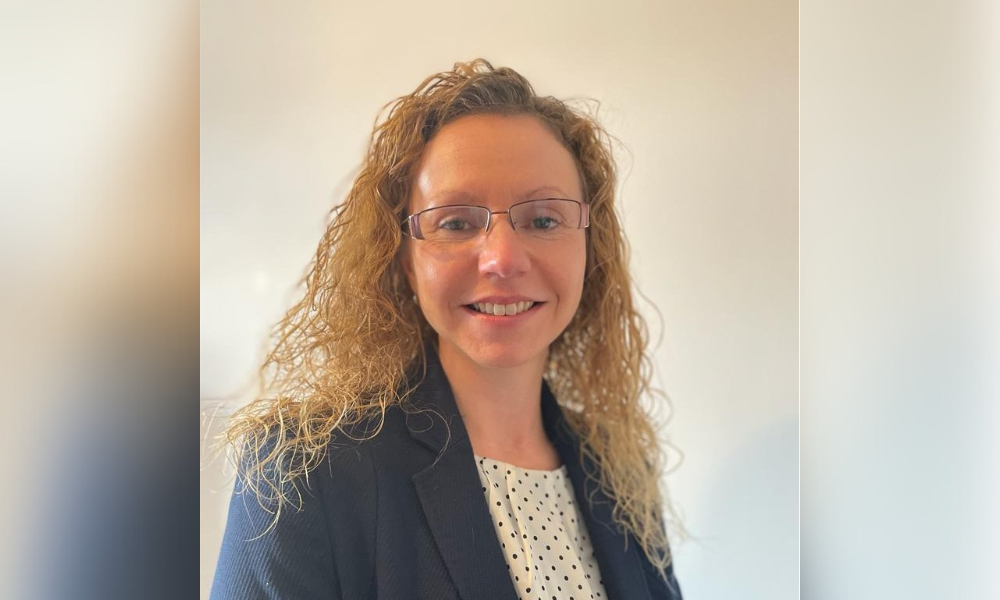House price index indicates prices rose 0.2% month on month

UK house prices rose 0.2% month on month in November, according to Nationwide’s House Price Index.
The building society reported though that house prices were down by 2%, compared to two years ago. While annual growth remains weak, it is the strongest growth since February 2023.
Commenting on the figures, Robert Gardner, Nationwide's Chief Economist, said: “UK house prices rose by 0.2% in November, after taking account of seasonal effects. This was the third successive monthly increase and resulted in an improvement in the annual rate of house price growth from -3.3% in October, to -2.0%. While this remains weak, it is the strongest outturn for nine months.
“There has been a significant change in market expectations for the future path of Bank Rate in recent months which, if sustained, could provide much needed support for housing market activity.”
Gardner continued: “In mid-August, investors had expected the Bank of England to raise rates to a peak of around 6% and lower them only modestly (to c.4%) over the next five years. By the end of November, this had shifted to a view that rates have now peaked (at 5.25%) and that they will be lowered to around 3.5% in the years ahead.
“These shifts are important as they have led to a decline in the longer-term interest rates (swap rates) that underpin fixed rate mortgage pricing, as shown below. If sustained, this will help to ease the affordability pressures that have been stifling housing market activity in recent quarters, where the number of mortgage approvals for house purchases has been running at c.30% below pre-pandemic levels.”
He added: “While mortgage rates are unlikely to return to the lows prevailing in the aftermath of the pandemic, modestly lower borrowing costs, together with solid rates of income growth and weak/negative house price growth, should help underpin a modest rise in activity in the quarters ahead.
“Nevertheless, a rapid rebound still appears unlikely. Cost-of-living pressures are easing, with the rate of inflation now running below the rate of average wage growth, but consumer confidence remains weak, and surveyors continue to report subdued levels of new buyer enquiries.
“Moreover, while markets are projecting that the next Bank Rate move will be down, there are still upward risks to interest rates. Inflation is declining, but measures of domestic price pressures remain far too high.
“Policymakers have cautioned that it is too early to be talking about interest rate cuts. Indeed, three of the nine members of the Bank of England’s Monetary Policy Committee voted to increase Bank Rate at its meeting in early November, though the remaining six preferred to hold at 5.25% for the time being.”
Karen Noye (pictured), mortgage expert at wealth management business Quilter, said: “The latest UK house price figures paints a picture of a market cautiously tiptoeing towards some semblance of stability. November's 0.2% bump in house prices, according to Nationwide, is a small but significant signal of recovery in a year that has seen a 2% dip compared to its predecessor. This slight uptick on the meteorological first day of winter is like a green shoot of recovery for the housing market hinting at potential growth amidst challenging conditions.
“Data from the Bank of England earlier this week showed that mortgage approvals, too, are inching upwards, with October witnessing a climb to 47,400 from September's 43,300. This also shows signs of life in a market that's been under the weight of economic uncertainty and high interest rates.
“Yet, the broader picture remains one of caution. The staggering 21% year-on-year fall in residential transactions, also released this week, muddies the picture and echoes the market's hesitation. It's a clear sign that many are still waiting for a more favourable wind in terms of house prices and mortgage costs.”
Noye elaborated: “Limited housing stock and high rental costs are nudging people towards buying, yet the high cost of mortgages and economic uncertainties are weighing heavy on budgets holding back a full-scale market revival. The balance of recovery will hinge on how interest rates and the broader economic picture evolve in the coming months.”
Want to be regularly updated with mortgage news and features? Get exclusive interviews, breaking news, and industry events in your inbox – subscribe to our FREE daily newsletter. You can also follow us on Facebook, Twitter, and LinkedIn.



